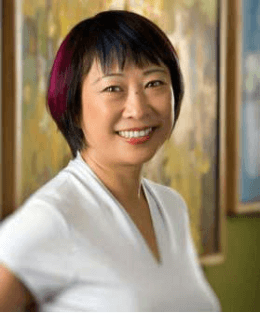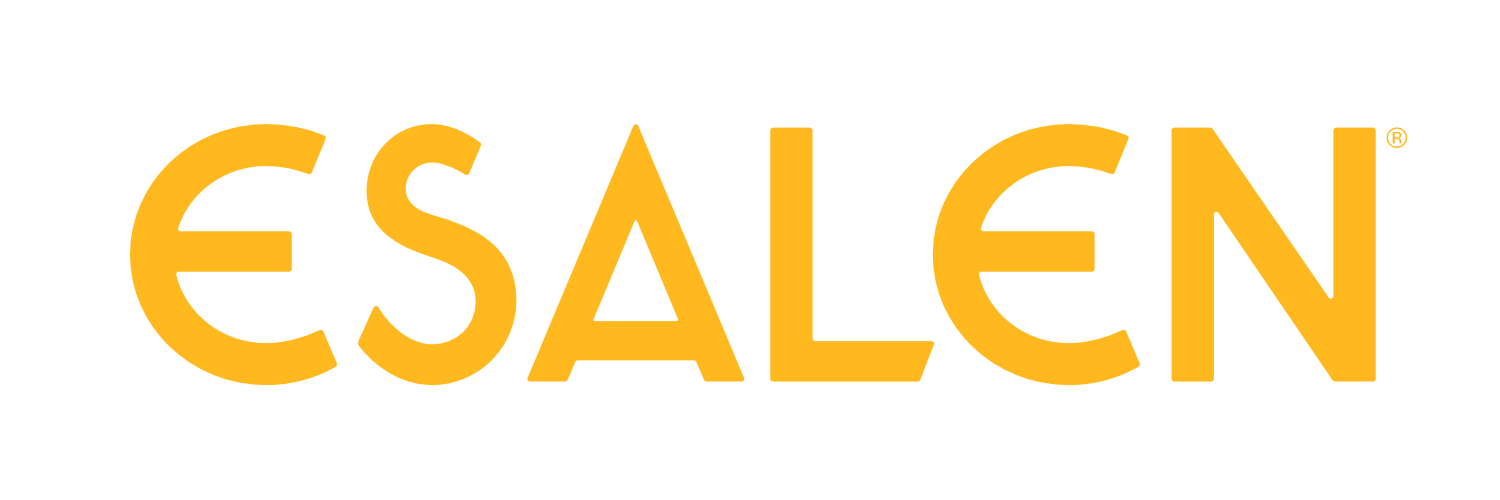
In one of the more dramatic life stories shared at the Conscious Business gathering, Ping Fu’s story shines as a model for the triumph of resilience over extreme adversities in life.
Who would have imagined that an 8-year-old Chinese girl who suffered unimaginable atrocities and terrible deprivation during the Cultural Revolution would emerge decades later in America as a successful entrepreneur pioneering 3-D printing software technologies that would revolutionize how products are designed and manufactured around the world?
Early in life Fu was told by her Shanghai Papa, “Bamboo is flexible, bending with the wind but never breaking, capable of adapting to any circumstance. It suggests resilience, meaning that we have the ability to bounce back even from the most difficult times.” Ever since hearing this, Fu has carried this image with her as she journeyed through the challenging ups and downs of life in China and America.
Having grown up a few years before and during Mao’s Cultural Revolution of the 1960s and early 1970s, Fu described to the conference participants some of the grisly and traumatic experiences that she was able to endure by bending but not breaking over the course of her lifetime, as documented in her recently published book, Bend, Not Break: A Life in Two Worlds.
At 8, Fu was separated from her family because her parents were considered “black elements” due to their well-educated and well-to-do background. At 10, Fu was gang-raped. Unbroken, she became a factory worker, a university student, a political prisoner and eventually was expelled to America for her journalistic reports on China’s one-child policy.
As Fu described her ordeals, she emphasized that, during the first 8 years of her life, she had very loving parents who provided her with a fibrous core of self-esteem (like bamboo) that endured within her despite all of the various austerities and deprivations she eventually had to suffer. She also attributed her survival to unexpected acts of courage and kindness, like food placed outside her door at nights by a stranger risking life-threatening reprisal by Red Guards when she and her little sister were at the brink of starving to death. During the darkest moment, Ping would dream, “If only I could fly, I’d soar like a bird up into the heavens, out of this nightmare, and back home to Shanghai, to my loving mama and siblings and our peaceful home.”
When Fu arrived in the United States at the age of 25, she had $80 in cashier’s checks, spoke only a few phrases of English and knew nothing about writing computer software programs. To launch her new life in a strange land, without family and friends, she worked as a maid and waitress while learning English and studying software design.
After getting a degree in computer science, she succeeded at several companies and organizations, including the National Center for Supercomputing Applications (NCSA), where she initiated and managed the NCSA Mosaic software project, which eventually led to Netscape and Internet Explorer.
In 1997 Fu was ready to launch her first company, Geomagic, which soon became a leader in innovative software design, particularly for the application of 3D print technologies. It is no exaggeration to say that over the past decade and a half, Geomagic and similar companies have fundamentally changed the way products are designed and manufactured around the world.
Thanks to advances in computer design, and multi-layer printing techniques, unique prototypes and one-off objects can be fashioned at a fraction of the price that physical prototypes used to cost. This new technology could revolutionize the entire manufacturing industry, to say nothing of reducing expenses for transport and warehousing if single items can be manufactured at their point of use.
As she shared her story with her peer CEOs, Fu also described how Geomagic’s software has been instrumental in the development of novel prosthetic devices, which are now designed to fit the precise anatomical needs of individual clients. Formerly, someone with a permanently damaged or genetically deformed knee was resigned to crutches. Now, that same person might be seen running in an Olympic race.
Another notable area where Geomagic has made a major advance is in orthodontics. Many older people are familiar with metal braces that slowly correct one’s teeth. Today, younger generations may never need braces because computer software can now animate precise micro-movements of teeth and thereby design a series of near-invisible corrective liners that slide easily onto one’s teeth.
The company, Align Technology, has a product called Invisalign that implements Geomagic’s software to do just this. The entire process is more cost effective for the orthodontist, and it takes less time and is easier on the customer’s mouth and facial appearance than traditional braces.
Fu has progressed through her journey in America as a software designer, an innovator, a visionary, an entrepreneur, a mother and a CEO. She was elected by Inc. magazine as the Entrepreneur of the Year in 2005 and since 2010 has been an advisor to President Obama through her service on the board of the National Advisory Council on Innovation and Entrepreneurship.
As Fu told her life story, fellow participants at the gathering were moved and deeply inspired by her courage, resilience and humanity. Participants also appreciated the way that Fu’s work resonates so well with conscious capitalism. She has personally experienced the form of political and economic freedom that underlies capitalism and has provided the opportunity for her to succeed in America.
But that’s just part of the equation. One of the key tenets of conscious capitalism states that a company must have a higher purpose than making money. As an entrepreneur, that tenet defined Fu. Geomagic was started with Fu's vision to enable mass customization: "a digital form-fitting and manufacturing system that makes shoes and thousands of other items that were both one of a kind and produced with the efficiency of mass production."
Ping shared her vision with her friend Mike Facello, noting, “We will call it the Personal Factory, or PF.” “Cute, Ping,” Mike observed. “You’ve managed to name an industry after your own initials.”
